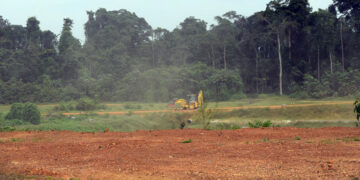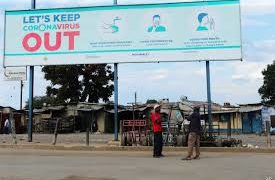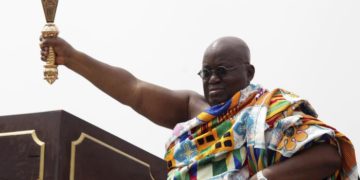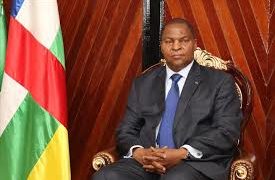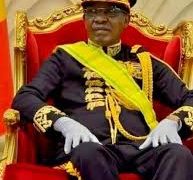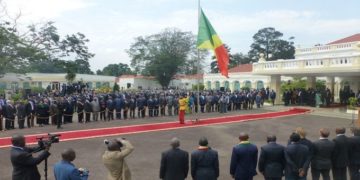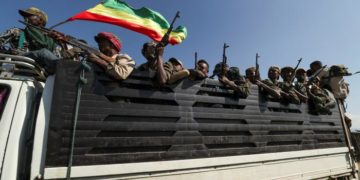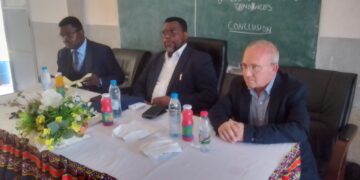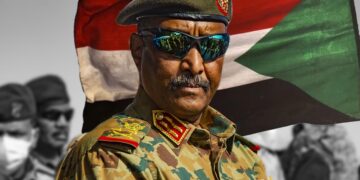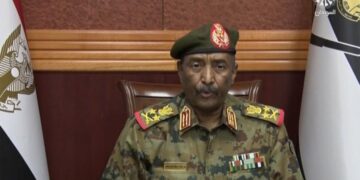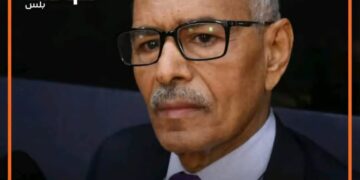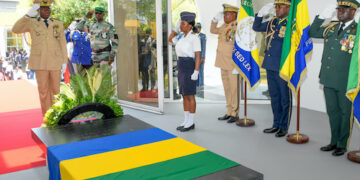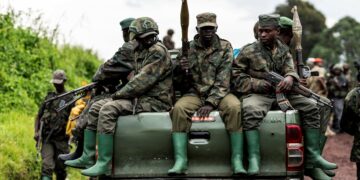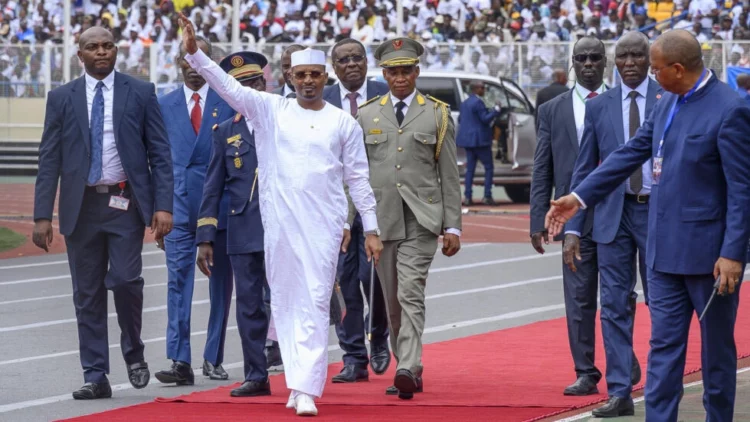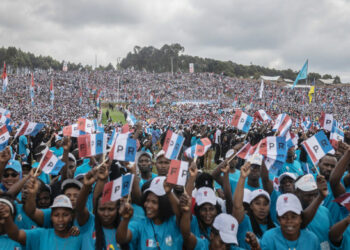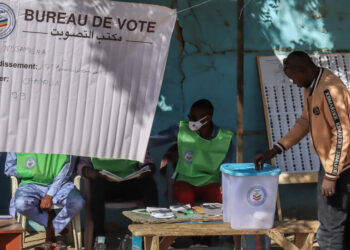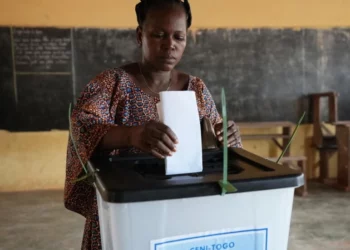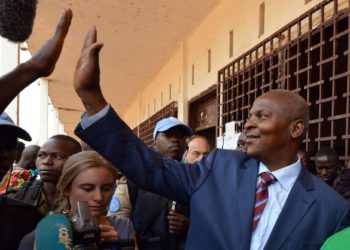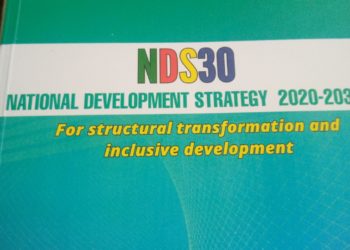Presidential election in Chad will take place on May 6, 2024 with incumbent president Mahamat Idriss Deby being among the 10 candidates.
The campaigns officially kicked off on Sunday 14 April 2024 in the capital city, N’Djamena.
Transitional president Mahamat Idriss Déby held a large meeting on the Place de la Nation directly in front of the presidential palace. In attendance were members of the government, the military and various political parties, identifiable, in the blistering heat, by their different coloured shirts.
Prime minister Succès Masra, meanwhile, led a large convoy of cars and motorbikes through the city and was accompanied by a crowd of mainly young followers.
Déby and Masra, both in their early 40s, were cheered by their respective crowds.
The May 6 election is expected to end a three-year transition period led by Mahamat Déby after the sudden death of his father, Idriss Déby Itno, in April 2021.
The second incident was the assassination of Yaya Dillo, a cousin of Mahamat Déby and one of his fiercest opponents.
Dillo, leader of the party Parti Socialiste sans Frontières (Party of Socialists without Borders) was shot in his party headquarters in N’Djamena on 28 February 2024. Official statements on his death blamed him for a deadly attack on the country’s security agency.
The new constitution adopted in a referendum in December 2023 demanded the creation of two electoral institutions before the electoral process. The institutions are L’Agence nationale de gestion des élections (National Election Management Agency) and the Constitutional Council.
The election management agency is responsible for organising the election while the constitutional council vets candidates for the elections as well as the results.
Retained presidential candidates
Between 6 March and 24 March, persons interested in vying for the presidency were expected to submit nomination forms. Candidates had to pay 10,000,000 CFA (US$16,258) to the treasury. At the close of the exercise, 20 candidates expressed interest but only 10 were approved by the constitutional council appointed by Mahamat Déby, who is also a candidate.
Disqualified candidates were given official reasons including an incorrect birth certificate or a missing document or photograph.
As expected, the most prominent qualified candidates were Mahamat Déby and his prime minister, Masra. It will be the first time a president and the prime minister he appointed run against each other in a Chadian election.
Other approved candidates include former prime minister Albert Pahimi Padacké of the party RNDT Le Réveil. He served as prime minister to Mahamat Déby in 2021 and 2022. He previously served Mahamat’s father between 2016 and 2018.
The only female candidate is Lydie Beassemda. She contested the presidency in 2021 and finished third.
All candidates are confident of victory. Their campaign promises do not differ greatly. They promise better living conditions – primarily the supply of electricity and water, education, more jobs and future prospects for the youth – as well as good governance, reconciliation and cohabitation.
Mahamat Déby is additionally playing the stability card, which he has used throughout the transition period to justify his takeover and continuous hold on to power.
Mahamat Déby’s candidature is backed by a broad coalition called Coalition pour un Tchad Uni (Coalition for a United Chad). It is made up of more than 200 political parties and more than 1,000 nongovernmental organisations. The coalition is led by the former ruling party Mouvement Patriotique du Salut.
Mahamat Déby agreed to be the coalition’s presidential candidate on 2 March 2024. The opposition is accusing the coalition of using state funds for their campaign.
Masra, leader of the opposition party Les Transformateurs, was one of Mahamat Déby’s strongest opponents until his return to Chad in October 2023 and was later appointed as prime minister.

